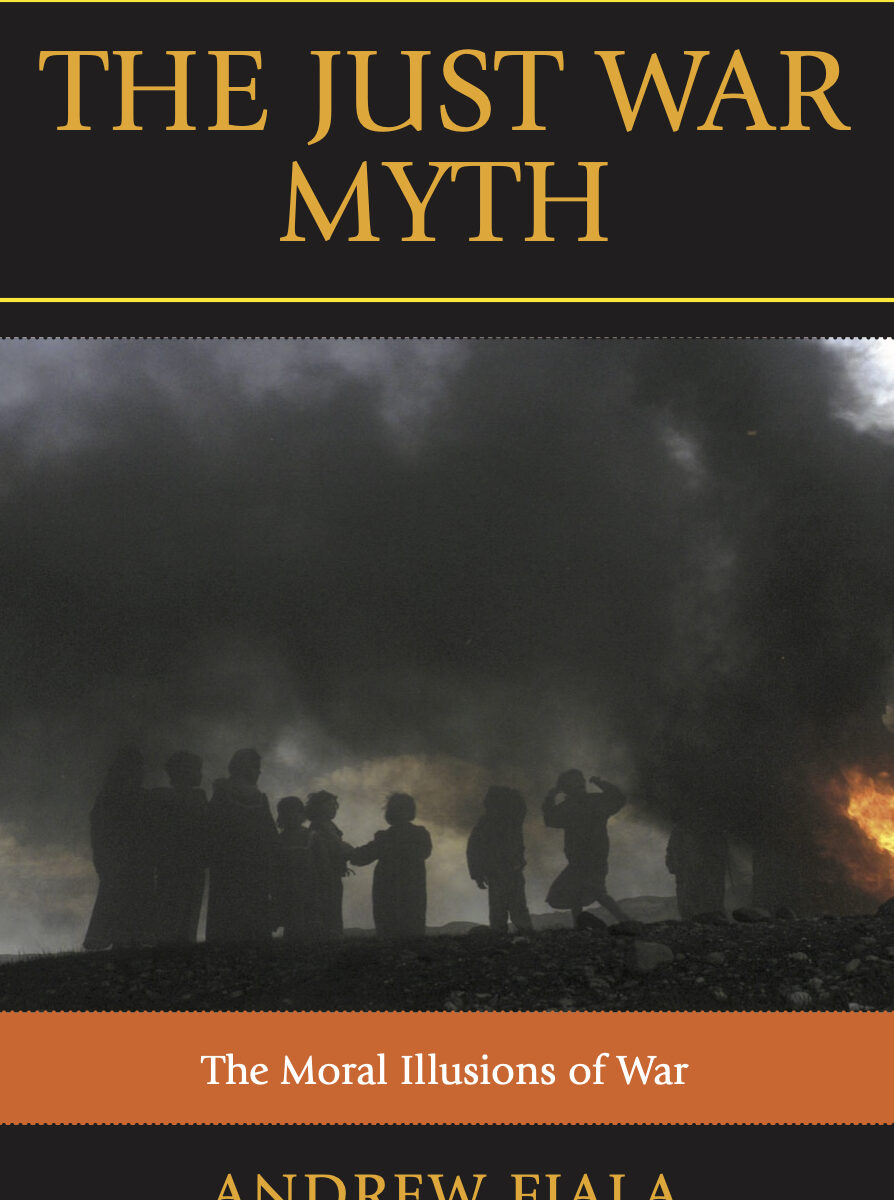Fresno Bee, September 19, 2021
Solidarity is an important focal point of morality. Solidarity involves empathy and emotional connection. But it is not merely a feeling. It is also the understanding that social problems require cooperative solutions. These days many of us feel fragile and insecure. Solidarity offers something solid and enduring in benevolence, justice, and concern for the common good.
The United Nations just published a report described as a “wake up call” for global solidarity. UN Secretary-General Antonio Guterres warns that people are turning their backs on trust, cooperation, and multilateralism. He says, “Humanity’s welfare depends on solidarity and working together as a global family to achieve common goals.” Solidarity arises when we understand that “no one is safe until everyone is safe.”
This echoes the teaching of Pope Francis, who published an encyclical last fall, “Fratelli Tutti,” which basically means that we are all brothers (and sisters). Some want to build walls and retreat into isolation. Francis encourages us to do the opposite. Instead of withdrawing, we should reach out. The pope says that the path to peace and flourishing requires a “global ethic of solidarity and cooperation shaped by interdependence and shared responsibility in the whole human family.”
The COVID-19 pandemic reminds us of our interconnectedness. The virus spread globally. New variants emerge among the unvaccinated. As long as some remain vulnerable, we all remain vulnerable.
The war on terrorism provides another example. Terrorists hiding out in Afghanistan masterminded the 9/11 attacks. Those attacks were a response to American interventions in the Middle East in prior decades. The war on terrorism extends across the globe, involving many allies. It has had far-reaching impacts. We still stand in irritating security lines at the airport. And now we must welcome refugees fleeing Afghanistan.
Or consider climate change. As individuals, we go about our own business, burning fossil fuels. But those individual choices heat up the atmosphere. The result is fire and smoke in California, horrific hurricanes, and rising sea levels that will swamp island nations.
Our struggle with racism provides yet another example. The repercussions of slavery and Jim Crow continue to ripple across our social and political landscape. Historical injustices give birth to contemporary dysfunction. Police brutality in some American cities sparked a global movement against racial injustice.
These examples show that each is connected to the other. If you pull one thread of the social fabric, it changes the whole cloth. We are networked and interdependent. Global and historical interconnections define who we are and what we can become.
Now some people do not like to admit this. They refuse to accept our interconnectedness and insist on living in stubborn isolation. The lonely hermit is a symbol of this kind of refusal. Others draw lines of solidarity that are narrow and exclusive. Some focus on solidarity within their families or within a neighborhood. Others focus on racial solidarity or national solidarity.
Most religious and moral traditions imagine a broader circle of solidarity. Calls for brotherly love spread globally. The parable of the good Samaritan is not only about solidarity with a suffering neighbor. It is also a call to view the world as our neighborhood.
There are remaining difficulties. Solidarity gives us an orientation. But it does not tell us exactly where to go or how to get there. The issues of climate change, racism, terrorism, and the pandemic are complex. Solutions are also complex and evolving. But any viable solution must bear witness to suffering wherever it is found and grow networks of cooperation that are large and inclusive.
When we affirm solidarity we acknowledge that solutions for social problems cannot focus on “us” in opposition to “them.” Any long-term and stable solution to our problems must move beyond “us” and “them.” In solidarity, each of us comes to see that we are responsible for the other. In an interconnected world, what happens to the other impacts me. And my choices and behaviors have ripple effects that extend beyond me.
These ripples fortify us in the face of our common fragility. Life is precarious. But we do not suffer alone. There are problems to be solved. We solve them by opening our doors and reaching out our hands.



